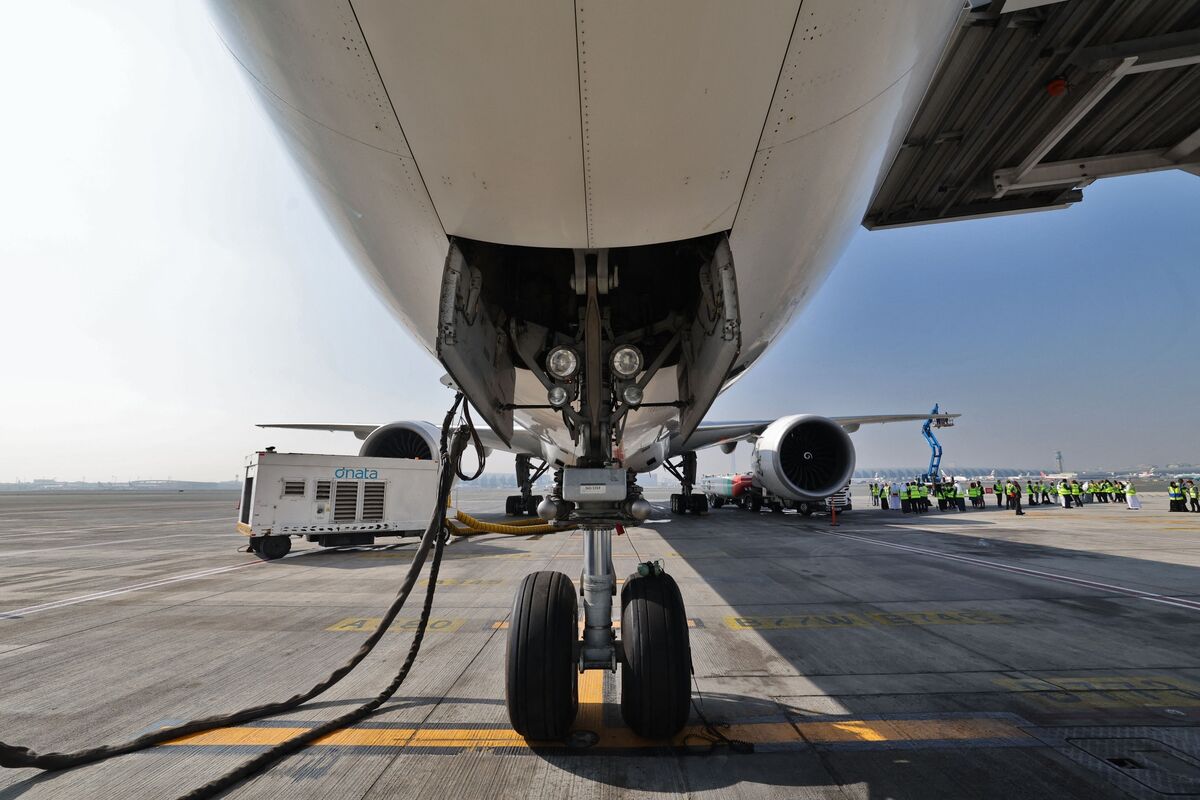
Aviation fuel hedging might sound like a complex financial term, but it's a crucial strategy for airlines. Why do airlines hedge fuel? Simply put, they do it to manage costs and reduce the risk of fuel price volatility. Imagine running an airline and suddenly facing skyrocketing fuel prices. That could mean higher ticket prices or even financial losses. By hedging, airlines lock in fuel prices at a certain rate, ensuring stability and predictability in their budgets. This practice helps them plan better, keep ticket prices more consistent, and ultimately, stay competitive. Curious about how this works? Let's dive into 14 key facts about aviation fuel hedging.
Key Takeaways:
- Fuel hedging helps airlines manage the risk of changing fuel prices by locking in prices for future purchases, providing stability and protection from sudden price spikes.
- While fuel hedging offers cost stability and competitive advantage, it also comes with risks such as potential losses, complexity, and market volatility. Southwest Airlines is a successful example of fuel hedging in practice.
What is Aviation Fuel Hedging?
Aviation fuel hedging is a strategy airlines use to manage the risk of fluctuating fuel prices. By locking in fuel prices for future purchases, airlines can stabilize their operating costs and protect themselves from price spikes.
-
Fuel hedging involves contracts: Airlines enter into contracts with fuel suppliers to purchase fuel at a predetermined price for a set period. This helps them avoid sudden price increases.
-
Reduces financial risk: By hedging, airlines can predict their fuel costs more accurately, which helps in budgeting and financial planning.
-
Common practice among major airlines: Most large airlines, such as Delta and Southwest, regularly use fuel hedging to manage costs.
How Does Fuel Hedging Work?
Understanding the mechanics of fuel hedging can be complex, but it's essential for grasping its benefits and risks.
-
Types of hedging instruments: Airlines use various financial instruments like futures, options, and swaps to hedge fuel prices.
-
Futures contracts: These are agreements to buy or sell fuel at a future date for a price agreed upon today. They are the most straightforward hedging tool.
-
Options contracts: These give airlines the right, but not the obligation, to buy fuel at a specific price in the future. This provides flexibility.
-
Swaps: In a swap agreement, airlines exchange floating fuel prices for fixed prices, ensuring stable costs.
Benefits of Fuel Hedging
Fuel hedging offers several advantages that can significantly impact an airline's financial health.
-
Cost stability: Hedging provides predictable fuel costs, which helps airlines maintain stable ticket prices.
-
Competitive advantage: Airlines with effective hedging strategies can offer lower fares compared to those who don't hedge.
-
Improved financial performance: By reducing the impact of fuel price volatility, airlines can achieve more consistent financial results.
Risks and Challenges of Fuel Hedging
While hedging can be beneficial, it also comes with its own set of risks and challenges.
-
Potential for losses: If fuel prices drop significantly, airlines may end up paying more for fuel than the market price.
-
Complexity and cost: Hedging requires sophisticated financial knowledge and can be expensive to implement.
-
Market volatility: Unpredictable market conditions can make it difficult to execute effective hedging strategies.
Real-World Examples
Looking at real-world examples can provide a clearer picture of how fuel hedging works in practice.
- Southwest Airlines: Known for its successful hedging strategy, Southwest saved millions by locking in low fuel prices before a significant price increase.
Final Thoughts on Aviation Fuel Hedging
Aviation fuel hedging is a crucial strategy for airlines to manage costs and reduce financial risk. By locking in fuel prices, airlines can better predict expenses and protect themselves from volatile market fluctuations. This practice not only stabilizes budgets but also helps in maintaining competitive ticket prices for passengers. However, hedging isn't without its challenges. It requires careful analysis, market knowledge, and sometimes, a bit of luck. Airlines must weigh the benefits against potential risks and costs. Understanding these 14 facts about aviation fuel hedging gives a clearer picture of how airlines navigate this complex landscape. Whether you're an industry professional or just curious, knowing these details can deepen your appreciation for the intricate world of aviation finance. So next time you book a flight, remember the strategies at play behind the scenes to keep your journey smooth and affordable.
Frequently Asked Questions
Was this page helpful?
Our commitment to delivering trustworthy and engaging content is at the heart of what we do. Each fact on our site is contributed by real users like you, bringing a wealth of diverse insights and information. To ensure the highest standards of accuracy and reliability, our dedicated editors meticulously review each submission. This process guarantees that the facts we share are not only fascinating but also credible. Trust in our commitment to quality and authenticity as you explore and learn with us.


